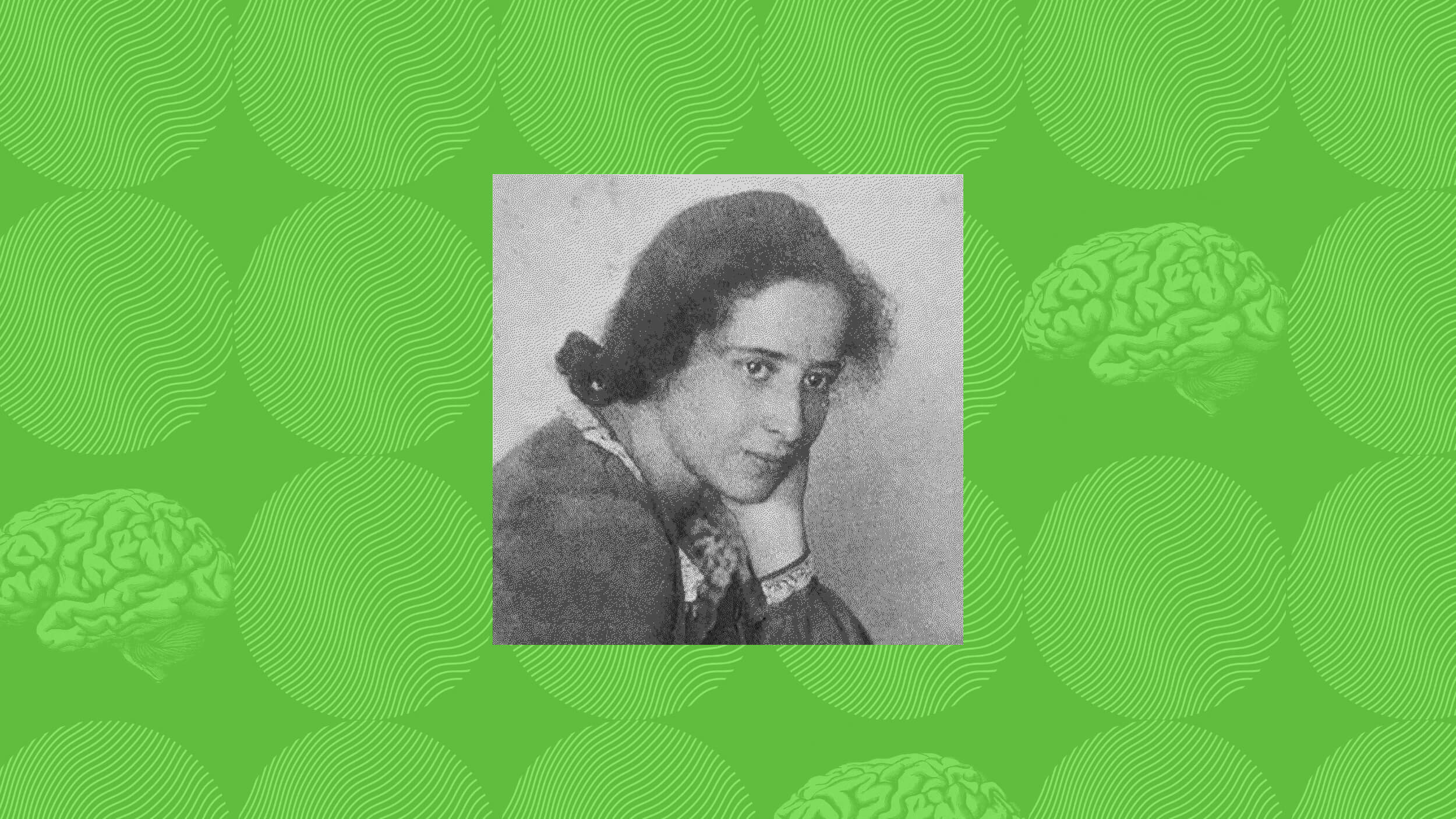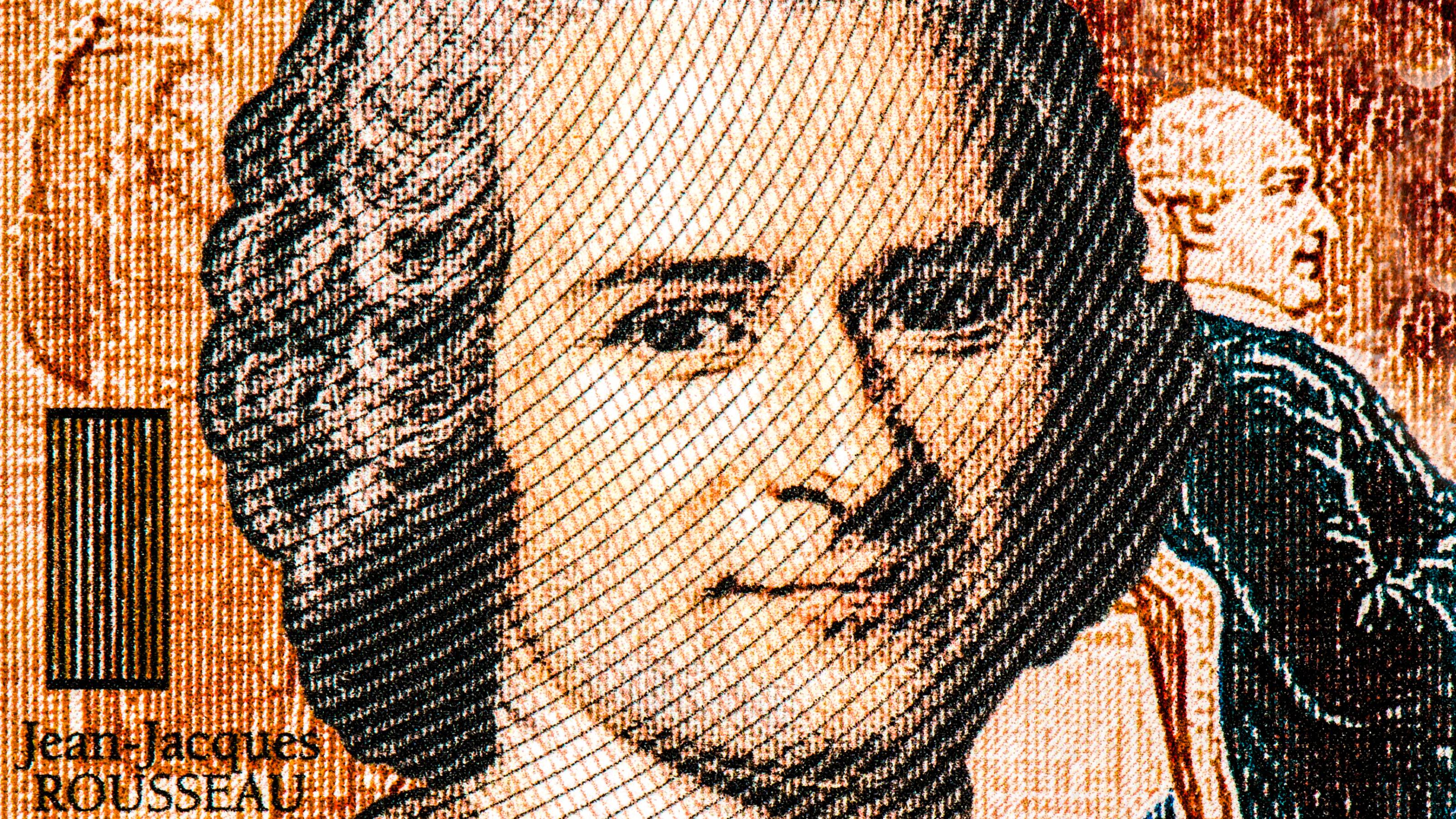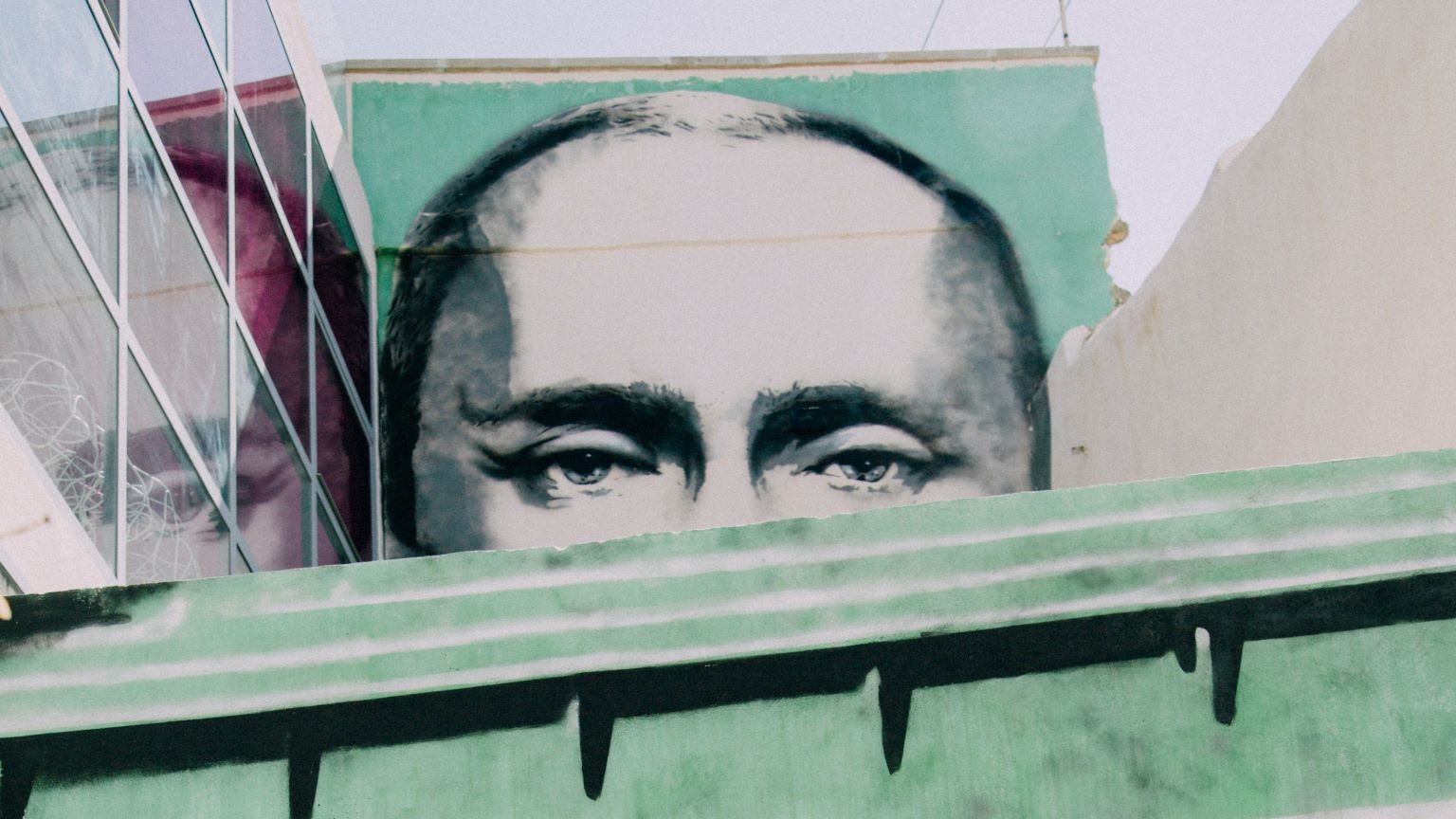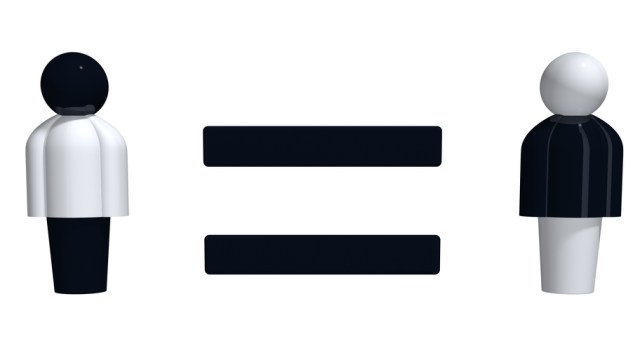Kafka, Orwell, and Conservatism
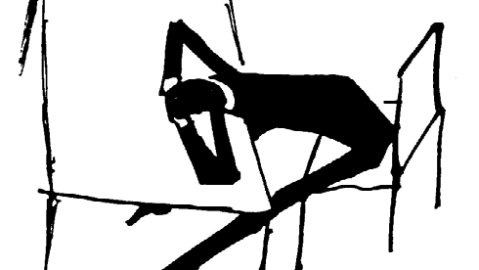
Pictured: A drawing by Franz Kafka that captures how he and his characters often feel.
I have a pop-psychological theory.
In writing the blog, The Proverbial Skeptic, I have referenced and discussed Orwell a lot lately, and found that a whole lot of people have strong connections with him and passionate and varied understandings of his work. People across the political spectrum think he has something greatly important to say.
I think he does too.
But the fact remains that, in America, politics has become so polarizing that good people from the same place not only cannot agree, but they also cannot even imagine why the other side feels the way it does.
Inarguably, Orwell’s most famous and historically important work is 1984. Its worldview and its language have entered both our daily vernacular and our political discourse.
The most salient example of its use in political discourse is the conservative use of Big Brother to elaborate their fear that we are in the ever-present danger of sliding into just such a totalitarian tyranny as Oceania is in 1984.
So here’s my theory:
I don’t believe them.
By and large, I don’t think that they are afraid. I don’t think that they really worry that we are at the top of a slippery slope. I don’t think that they are truly fearful that Orwell’s work is that prescient.
At least, I don’t think that that fear and worry is what is actually motivating their ideology and political activity.
I think that their fears are more Kafka than Orwell.
I think that they are actually just really, really annoyed.
As in, I think that they are annoyed in the way that a child being poked by his sibling while stuck in the car is annoyed. I think that they are annoyed like they would be if a loud fly were circling them as they tried to go to sleep.
They don’t bemoan that the trajectory of our history is leading up to a dystopic tragedy; They worry that it is a black comedy.
Black comedies are my favorite books precisely because they draw attention and give poignancy to such seemingly small parts of life. They are about little issues and silly human quirks, and the enormous and all-consuming effects that those little things have on our lives.
They take an immature look at mature issues, and are all the more clear-eyed, accurate, and human for it:
Catch-22 is a book about exasperation.
Slaughterhouse Five is a book about pointlessness.
Infinite Jest is a book about boredom.
A Confederacy of Dunces is a book about self-worth.
Which brings me to Kafka, the greatest of all of the black comedy writers.
Kafka wasn’t specifically worried about the sort of nightmarish, historical persecution that Orwell was.
He was worried about the sort of persecution that we all face everyday and always have. He was worried that life was simply too complicated and annoying.
He wasn’t worried that government would grow so big that it could maliciously stomp on individuals. Rather, he was worried that individuals would grow so small they would be stomped underfoot like a bug without even being noticed.
So now I will stop saying “they” about conservatives, and start saying “we”. Because, it is the Kafkaesque fear, not the Orwellian dread, which motivates the more conservative parts of my political ideology. I suspect that I am not alone.
I am, by and large, supportive of liberal policy agendas. But I used to be ardently conservative. And even now, when I want smaller government or when I rail against expanded and intrusive programs and regulations, all I am really saying is “butt out.”
That’s not to say that we do not genuinely need to fight against government expansion and unjustified use of coercion and guard vigorously against tyranny. We do.
It’s just that I only now noticed through introspection that, often, when I personally am arguing against the “Orwellian” aspects of modern American political life, I am not afraid.
If I am honest with myself, I just want to be left alone, in a way that is quite simple and childish and immediate.
“I just want my brother to stop singing The Song That Never Ends at me so I can relax in the car.” “I just want that loud fly to go back out the window so I can sleep.” “I just don’t want to register my gun. I just don’t want to pay a carbon tax. Leave me alone, you are annoying.”
This may well be a perfectly good justification and motivation for political activity. Certainly this is a theme which gives Kafka’s vaunted oeuvre real importance and humor and heart. It is not meaningless.
Regardless of how my pop-psychological theory should affect individual’s policy positions if true, it still matters. If we understood our real motivations, it might go a long way towards empowering us to explain to one another why we think and argue and vote the way we do.
We may not be able to agree, but we could and should at least try to understand why we can disagree without resorting to the explanation that the other side is simply evil or stupid.
So, ask yourself: does at least part of the conservative zeal against government and intervention in general make more sense in light of my theory?
It does to me.
